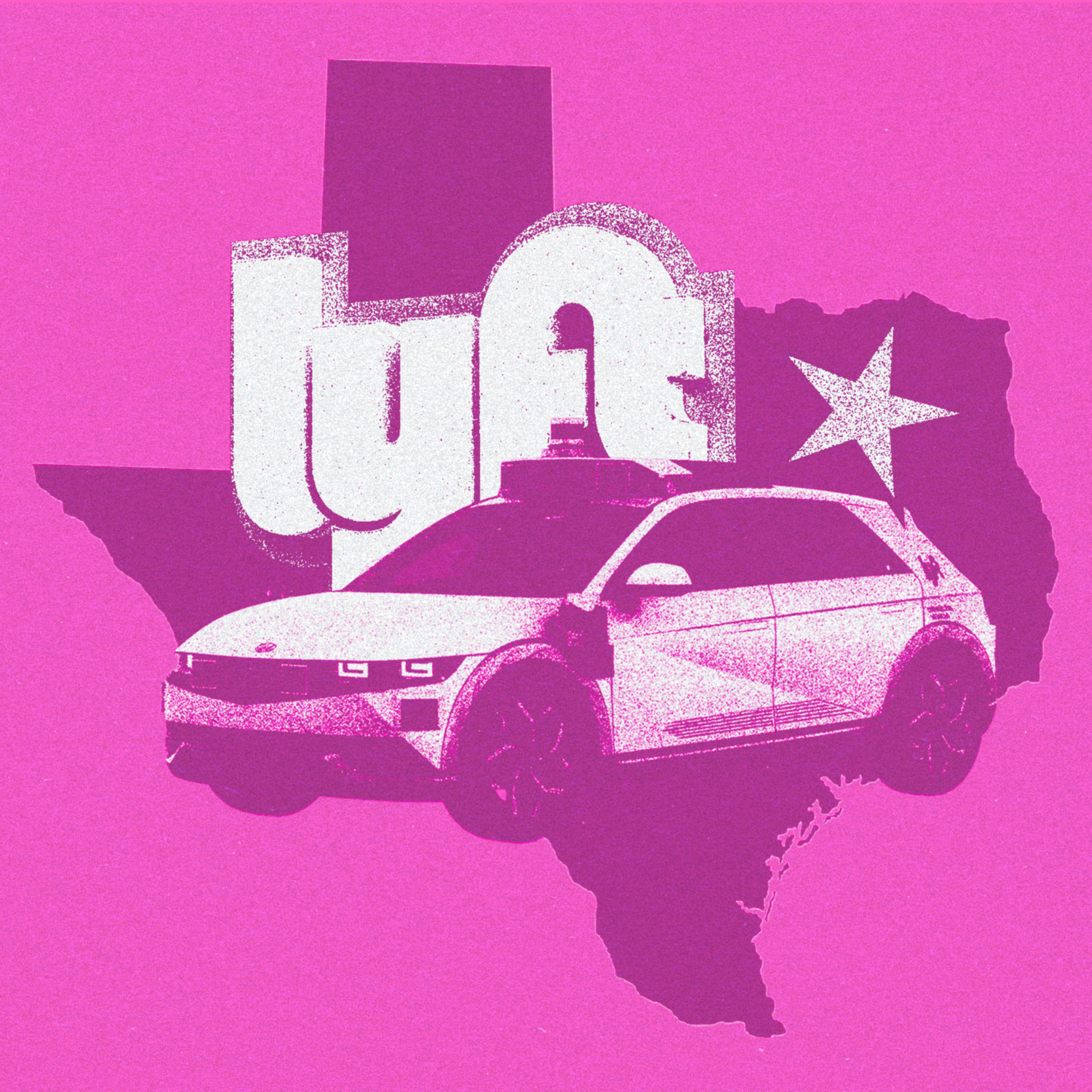Lyft plans to launch robotaxis in Dallas as soon as next year, eventually bringing “thousands” of the vehicles to other cities. The San Francisco-based rideshare company is partnering with Japan’s Marubeni, which will own and operate the fleet of self-driving cars, Lyft CEO David Risher announced Monday (opens in new tab).
Riders in Dallas will be able to use the Lyft app to hail one of Marubeni’s robotaxis, which will use autonomous driving technology from Intel-owned Mobileye.
Lyft has not disclosed how many vehicles it will launch or which manufacturer will build the cars. Mobileye’s technology is integrated (opens in new tab) into vehicles from Audi, Volkswagen, and Ford, among others.
Lyft is following in the footsteps of its larger rival Uber, offering its customer-facing platform as a distribution system for robotaxi companies. The partnership model allows robotaxi technology companies to benefit from established rideshare networks, while Lyft and Uber remain “asset-light,” meaning they don’t have to take on the capital-intensive tasks of owning, operating, and maintaining a fleet of self-driving cars.
Both Lyft and Uber, after trying and failing to develop their own robotaxis, are pursuing a hybrid rideshare strategy that will combine third-party-owned fleets, personal autonomous vehicles, and traditional cars. Meanwhile, Tesla has announced plans to launch a robotaxi service this summer in Austin, though many analysts are skeptical of the timeline.
According to Risher, Marubani is a “major global player in fleet ownership,” managing more than 900,000 vehicles through subsidiaries and joint ventures. The company is an import and export giant in Japan with business interests across dozens of industries. Marubani does not appear to have experience with rideshare services or autonomous vehicles, according to TechCrunch, though it has worked with Mobileye (opens in new tab) in Japan.
“They’re aiming to be leaders in the emerging AV space, and we look forward to working together,” Risher said. “The more AVs out there, the more the rideshare market expands.”
Lyft has fallen far behind Uber in the race for ridehailing market share. As of last year, Uber commanded 76% of U.S. rideshare sales (opens in new tab), while Lyft had 24%.
Following the pandemic and since the introduction of commercial robotaxis by Waymo and others, Lyft has undergone major management changes and layoffs.
Uber has been far more aggressive than Lyft in partnering with autonomous vehicle technology companies, including Waymo (opens in new tab), the now-defunct Cruise (opens in new tab), and Aurora (opens in new tab). Riders in Phoenix (opens in new tab) can book Waymo cars through the Uber app. Waymos will be exclusively available on the Uber app in Austin and Atlanta (opens in new tab) starting this year.
Lyft has partnered with Waymo in the past and in 2022 launched a robotaxi service in Las Vegas with Motional (opens in new tab). Lyft has also partnered with May Mobility (opens in new tab)to make self-driving rides available in Atlanta this year.
Scott Devitt, an analyst at Wedbush Securities, calls such moves the “hypothesis phase” of the autonomous vehicle revolution.
“We don’t know what’s going to work,” Devitt said. “We don’t know if Waymo’s unit economics work, if Tesla’s technology will ever work. So, just add another thing to the ‘don’t know’ list with [Lyft’s] announcement.
“We’re going to look back in two to five years and at these random hypotheses, and they’re going to be squashed by what actually happens,” he added.
Mark Giarelli, an analyst at Morningstar, said Lyft “is taking whatever they can get in terms of AV partnerships, and I don’t blame them considering the momentum behind Uber and Waymo.”
Giarelli said that if Lyft were securing partnerships with Waymo, Tesla, or Zoox, the leading autonomous vehicle manufacturers, “then we would have a different story.”

